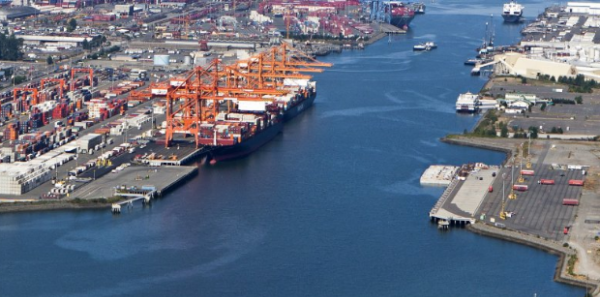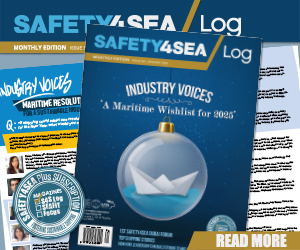South Korea and the US agreed to establish a green cargo shipping route between the Port of Busan and the Port of Tacoma aiming to achieve maritime carbon neutrality.
More specifically, an agreement was signed between South Korea and the US on the sidelines of COP27. Zero-emission vessels are now expected to operate on the Busan-Tacoma route in line with the global campaign to achieve carbon neutrality by 2050.
According to a recent report by the Global Maritime Forum, progress towards the development of Green Shipping Corridors has exceeded expectations.
However, it noted that as maritime green corridors progress towards implementation, some key industry stakeholders, especially cargo owners and fuel producers, will need to be engaged as soon as possible.
While most maritime Green Corridor initiatives remain in their infancy, the report looks at their potential, assesses progress, identifies challenges, and offers recommendations, in particular by advancing the commercial-scale deployment of zero-emission fuels, vessels and infrastructure on promising routes.
From the public sector, policy support from national governments will need to embrace the challenge of closing the fuel cost gap between zero-emission and fossil fuels.






























































